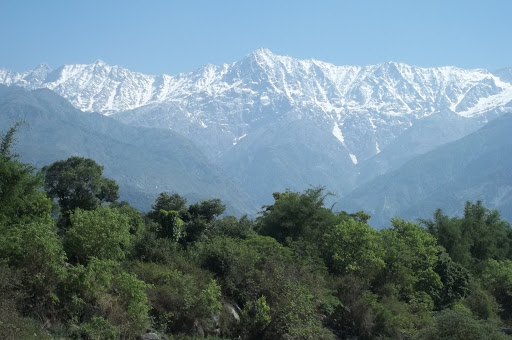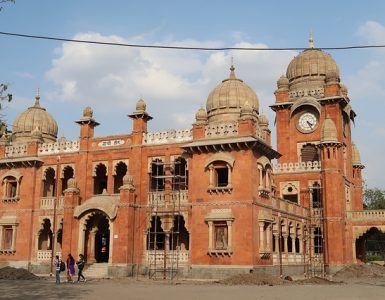Sikkim is one of the smallest states in India, but it attracts a large number of tourists.
The stunning biodiversity, beautiful monasteries, and snow-clad mountains, including Kangchenjunga, the highest peak in India and third highest on Earth, pull thousands of domestic and international tourists to this northeastern state of India.
As per the Tourism and Civil Aviation Department data, the state received 1.6 million people in 2023 and about 0.3 million in the first three months of 2024.
While the influx of tourists brings in revenue for the state and generates livelihood, they also create issues like waste management.
First, there is waste that gets generated as part of their stay and second is the litter that is irresponsibly strewn on the mountains, like food packets, disposable bottles, single-use plastic, etc.
To ensure that the second kind of waste is cut down, the Sikkim government has taken a landmark decision of mandating all tourist vehicles entering the state to mandatorily carry a large garbage bag. In addition, tour operators, travel agencies, and vehicle drivers are made responsible for informing travelers about the use of garbage bags for waste disposal.

Apart from increasing awareness among tourists about cleanliness and environmental sustainability, the government will also conduct random checks of tourist vehicles, and any vehicle found violating the order will be penalized.
Sikkim is at the forefront of fighting environmental pollution in India. In 2020, Lachen one of the towns in North Sikkim, introduced the idea of eco-friendly bottles made with Bamboo for travel instead of single-use plastic bottles.
Initiatives and decisions like these can go a long way to achieving the goal of environmental sustainability.






Add comment